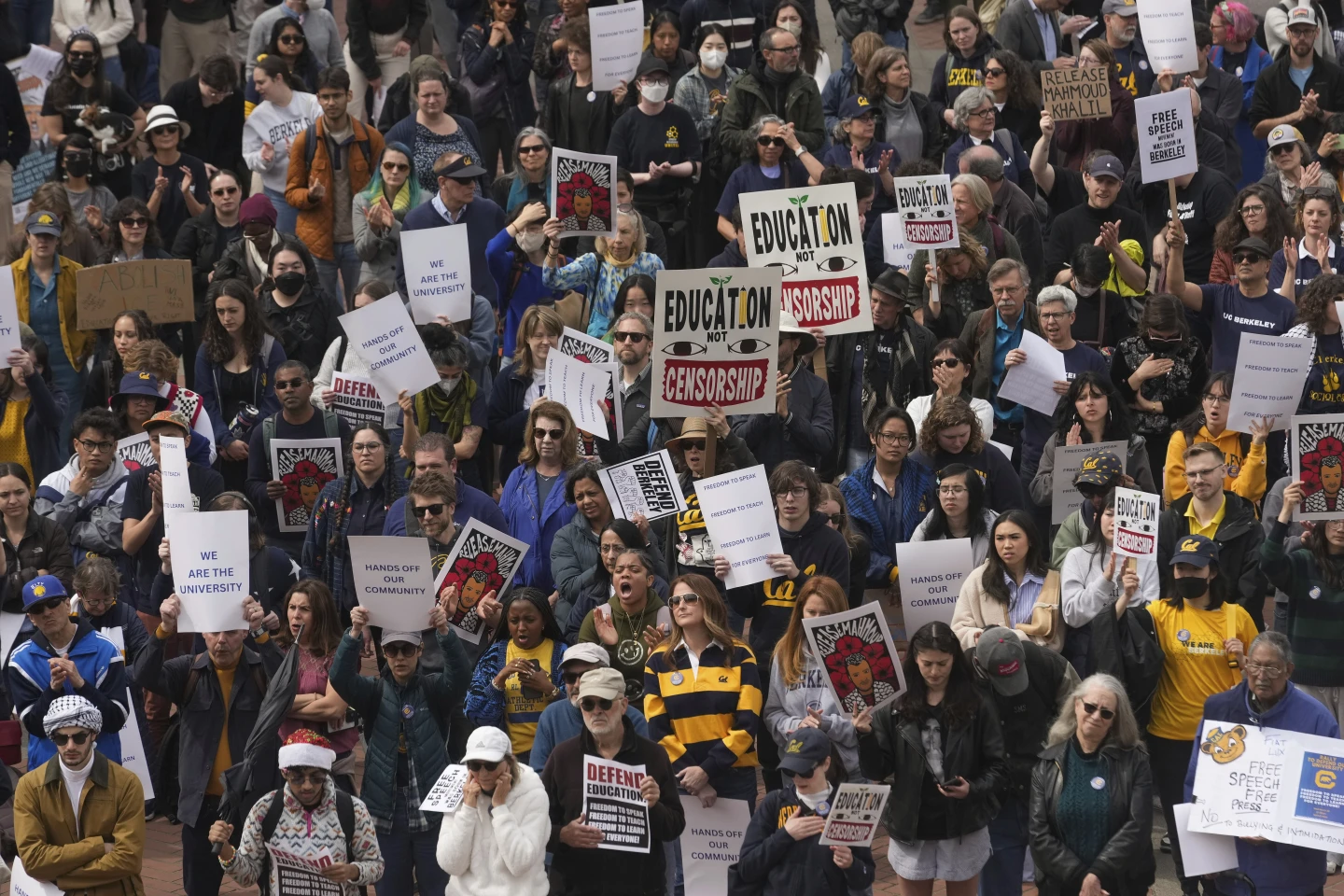In a nation that has long held aloft the torch of academic freedom, intellectual pursuit, and free speech, recent developments under President Donald Trump’s administration point to a dangerous departure from foundational values. In a series of moves that have alarmed educators, students, and civil rights advocates alike, the administration has taken aim at premier institutions like Harvard and at the student community as a whole — particularly foreign students. The implications are wide-ranging, and they reach deep into the heart of America’s identity as a beacon of liberty and innovation.
President Trump’s repeated rhetorical assaults on Harvard University — once lauded globally for its academic excellence — are not isolated incidents. He has accused elite universities of harboring “radical ideologies,” of being “un-American,” and has suggested that they are breeding grounds for “anti-national sentiment.” This is not just political posturing. These statements are accompanied by real policy decisions: threatened revocation of federal funding, calls for investigations into campus activities, and a chilling climate in which even peaceful student protests are construed as acts of subversion.
By directly targeting educational institutions, the Trump administration is signaling a message that only conformity — not inquiry — will be tolerated. It is a dangerous erosion of the principle that universities must remain independent, critical spaces where ideas — even controversial or unpopular ones — can be debated and examined.
Perhaps even more troubling are the administration’s immigration policies as they pertain to students. The suspension of visa interviews, tightening of F-1 student visa rules, and veiled (and sometimes overt) threats to deport foreign students participating in demonstrations seen as “anti-American” mark a stark deviation from the country’s historical role as a destination for the world’s best and brightest minds.
These moves are not merely bureaucratic adjustments. They are symbolic attacks on global academic mobility. Students from around the world have long brought diversity, intellectual rigor, and fresh perspectives to American campuses. Discouraging their arrival through a climate of suspicion and hostility not only isolates the U.S. academically but also deprives its campuses of the rich, intercultural dialogue that has propelled American innovation in science, medicine, business, and the arts.
The message is loud and clear: dissent is dangerous, and association with perceived dissent may cost you your education, your visa status, and your future.
The effects of these policies are not limited to foreign students. American students are watching, and they are internalizing the growing authoritarian tone from the very top. The atmosphere of fear, censorship, and conditional expression has a detrimental impact on student morale, initiative, and emotional development.
Youth is the age of questioning, of forming opinions, and of charting one’s own course. If students are taught — either directly through policy or indirectly through fear — that expressing disagreement with state policies is punishable or traitorous, they will either withdraw from public discourse altogether or adopt a dangerous conformity that is anathema to true learning and leadership.
We are already seeing signs of self-censorship in classrooms, reduced student participation in activism, and growing mental health concerns among university communities. The long-term consequences for civic engagement, creativity, and critical thinking are grim.
There is an overarching pattern that emerges when we examine this administration’s posture toward education and the youth: disdain for intellectualism, suspicion of diversity, and contempt for dissent.
Whether it’s attempts to revise school curriculums to align with a narrow nationalistic narrative, dismissing climate change as “liberal hysteria” despite scientific consensus, or branding student protests as “riots” and “rebellion,” the message is unmistakable. The administration does not value the independence of mind and spirit that education cultivates. Instead, it favors a docile, uncritical citizenry that is easier to manipulate and control.
This is not merely anti-progress. It is anti-American.
America has long prided itself on being the land of freedom — freedom of religion, speech, thought, and belief. The First Amendment enshrines these values as sacrosanct. Universities are perhaps the most vivid manifestation of this freedom — places where young people are encouraged to challenge assumptions, question authority, and shape a better world.
To stifle that spirit under the guise of national security or ideological purity is to betray the very ethos on which the country was founded. What the Trump administration is attempting to do is not a reform of higher education — it is a redefinition of it, through intimidation and suppression.
If these trends are allowed to continue unchecked, we risk cultivating a generation of youth who are more afraid than inspired, more obedient than original, and more disengaged than committed. We will lose not only our standing as a global educational leader but also the very soul of our democracy.
The attacks on Harvard and other universities, the clampdown on foreign students, and the broader climate of intolerance toward youth expression must be seen for what they are — part of a larger war on knowledge, diversity, and freedom. These are not mere policy missteps; they are existential threats to the future of American education and democracy.
The younger generation deserves a nation that believes in them, nurtures their intellect, respects their voices, and protects their right to question. For the sake of America’s future — and its founding ideals — we must resist this regressive tide with resolve, compassion, and clarity of purpose.

Leave a Reply